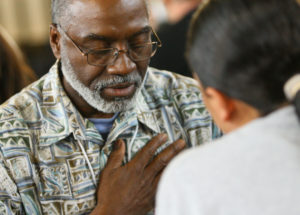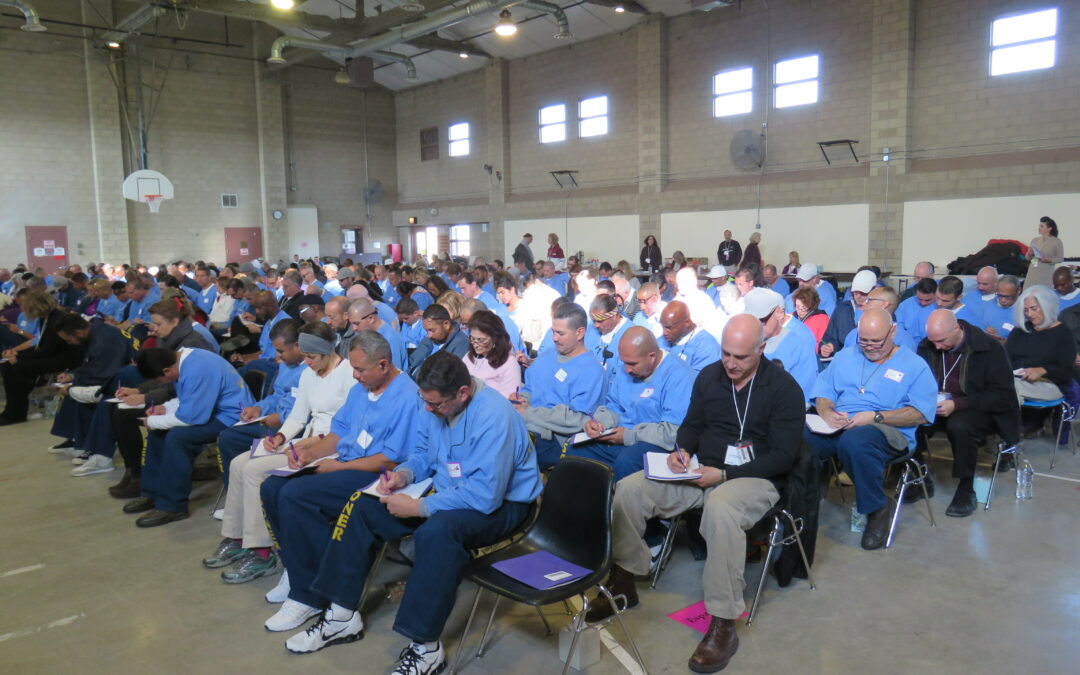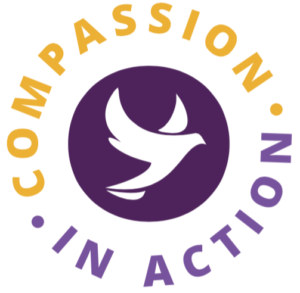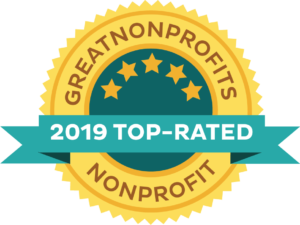“I love the work that FTC does, for myself personally, and for the greater inmate population, and also for those amazing people who devote their time to coming into prisons and bringing their love. My life has been changed forever from the experiences I have had, relationships I have formed, and wisdom that I have learned. I am indebted to the organization and people involved. Thank you so much.
This workshop was interesting because it focused on issues that I believe were on the minds of many people, including myself. Most specifically, was the issue of race and its relationship to identity and judgment. For myself, there was always a feeling that when I was participating in FTC that I was getting certain aspects of my experiences out and into processing, but that there were certain other parts that I felt like I needed to get out, but I couldn’t find the space to express because that space had not been yet opened up within the community. The last thing that I would ever want to do is be disruptive or make other participants feel uncomfortable, and so to a certain degree, I kept those things to myself. However, when dialoguing about the FTC experience with other inmates and volunteers, the issue of diversity kept coming up; diversity in the spectrum of volunteers that were represented at events, diversity in opinions and experiences, and diversity in the subjects that we were tackling in our meetings.
At this last event, Stanley’s sharing about identity was a case in point for me about how diversity can open up new insights and pathways. He talked about how before he had gained consciousness about who or what he was as a person, there was an understanding that his body and skin were already communicating with the outer world and that he was being identified based on that. There was an awareness there of having an identity that is not based on your own creation, but based on choice that is rooted in survival. I began to think about how my identity as an inmate is based on these same principles – that even if I decided that I didn’t want to be identified as a prisoner, that there would be batons, handcuffs and ultimately bullets to remind me that I couldn’t identify with being anything else. There was a realization in that moment that I have to choose this identity, or be subjected to violence, and possibly death, much in the same way that I must choose to identify with being a racialized subject in order to preserve my body. What that brought forward for me in that moment was that much of this work that we do in FTC starts with the question of “who am I?”, and that for many of us, that question is so difficult, so complicated, so fraught with contradictions. For many of us it unearths the most terrible traumas, reveals uncomfortable truths.

Stanley Bernard, FTC Facilitator (FTC Volunteer since 2007)
I was also pleasantly surprised to see the reaction to Stanley’s testimony in the sharing section of the program, which I believe was collectively very emotional and powerful – a reckoning that we can all connect with humanity and love, even though our experiences may be divergent. One of the most important pieces of my experience in this program is the aspect of renewal; this idea that every Sunday1 I can return to the source, engage in an exchange of ideas with my fellow brothers and sisters in a space created by love, understanding, and acceptance, and create new traditions, create new pathways, leaving with an understanding that those new traditions reverberate, have ripple effects, and change the world, not an abstract, but in perceptible ways.”
– A.C., Valley State Prison Large Workshop Participant – September, 2018 & ILTAG graduate
1 FTC has a Mentor Support Group (ILTAG) Program which is held every Sunday at Valley State Prison. To volunteer at this event, please visit our Upcoming Events Page for dates and information on how to sign up.



